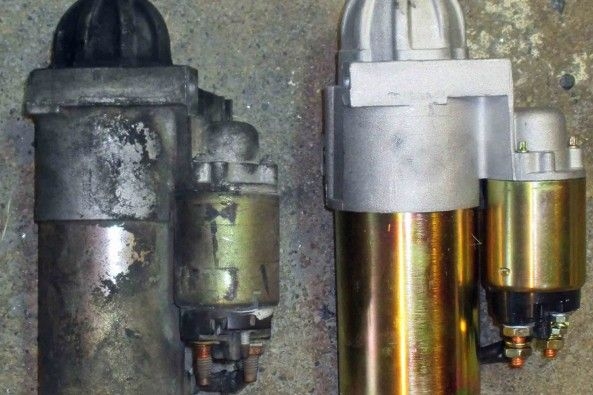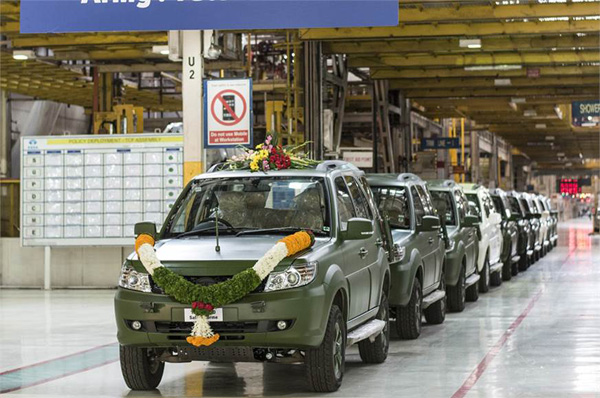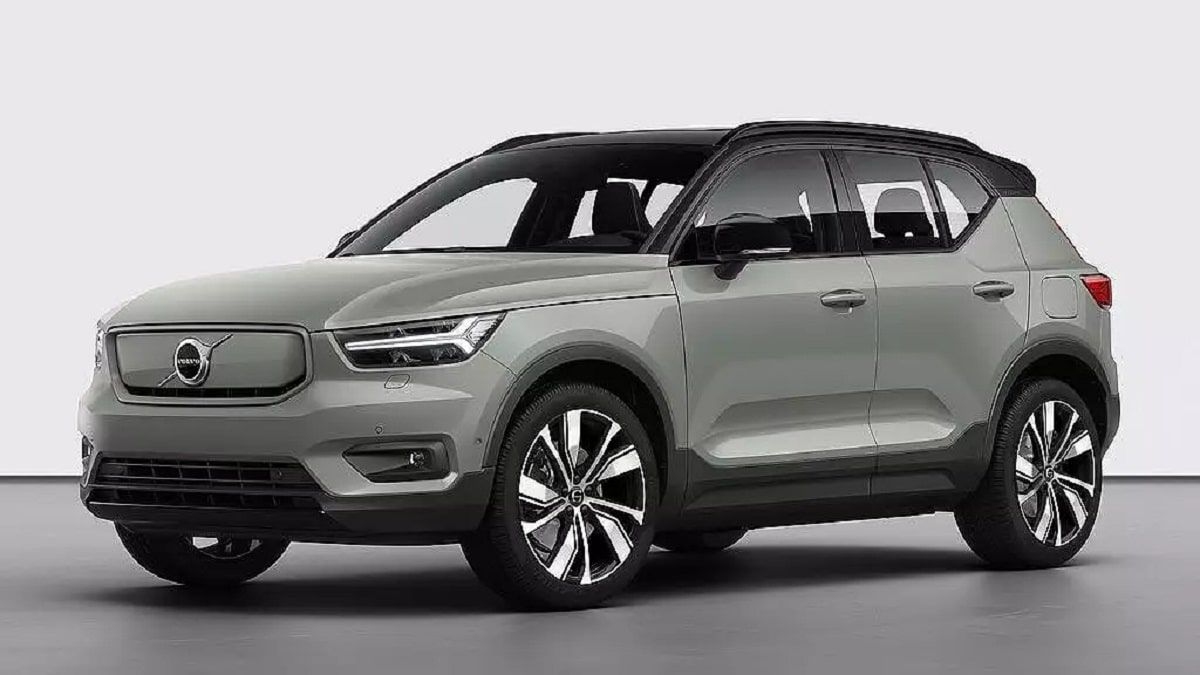Starter is one of the most important and significant elements in a vehicle. It is an electric motor that helps in starting the engine by cranking it up. The starter is made up of multiple tiny components like Electromagnetic field coils or permanent magnets, Solenoid, Armature and commutator, Starter drive gear, Shift fork, Brushes and Bearings & bushings. The starter shoulders the responsibility of supplying charge to the alternator which it gets from the battery of the car. So, if one fine morning, you try to start the car and if it is not starting despite the battery being fully charged, then it is pretty evident that the starter of your car is not responding and it is the time to replace it.

Starter replacement process is an easier one if you have a bit of knowledge about tools and cars. If you take your car at a nearby service station or to the local mechanic shop, it might cost you between 300-500 bucks. However, you can carry it out on your own by following the five simple steps below:
1. Turn off the ignition while parking your vehicle on a plain surface with handbrake/ electronic parking brake engaged so that the vehicle doesn't move at all. Remove the negative cord (-) of the battery.
2. Next, you need to detach the positive cable from the starter. The (+) cable can be recognized easily due to its massive size and it runs from the starter to the battery.
3. Now, you will need a ratchet so that you can loosen up the bolts which are holding the starter in the block. After unlocking the bolts, you can also search for any additional brackets that might be holding up the starter in the block. After a thorough inspection, if you are able to locate any such bracket, remove it as well. Just so you know, if you are unable to loosen any bolt, don't force it. Instead, use grease or any similar lube to soften it up and then remove it.

4. You have almost carried out the starter replacement process as now it is the time to take out the faulty starter from the block. The starter is cylindrical in shape and it appears as if two cylinders are attached to each other. In the two-cylinder setup, one cylinder is bigger while the other is comparatively smaller. However, if you are still unable to find it, it is highly recommended that you read the owner manual of your vehicle. Once you have found the faulty starter, pull it out and compare it with the new one.
5. Insert the new starter in the block and put the bolts back to their place. However, before tightening the bolts, the battery cable must be reconnected to the starter. Now, you can tighten the bolts and rejoin the negative cable to the battery. That's it, you have carried out the starter replacement process all on your own. Now, try to start your car by turning on the ignition. If the car starts immediately, then you have performed the replacement job quite efficiently because if the starter is faulty then the engine won't start, no matter how many times you try.
Read Also: 2021 Volkswagen Polo Facelift Images Leaked Ahead of the Global Debut












